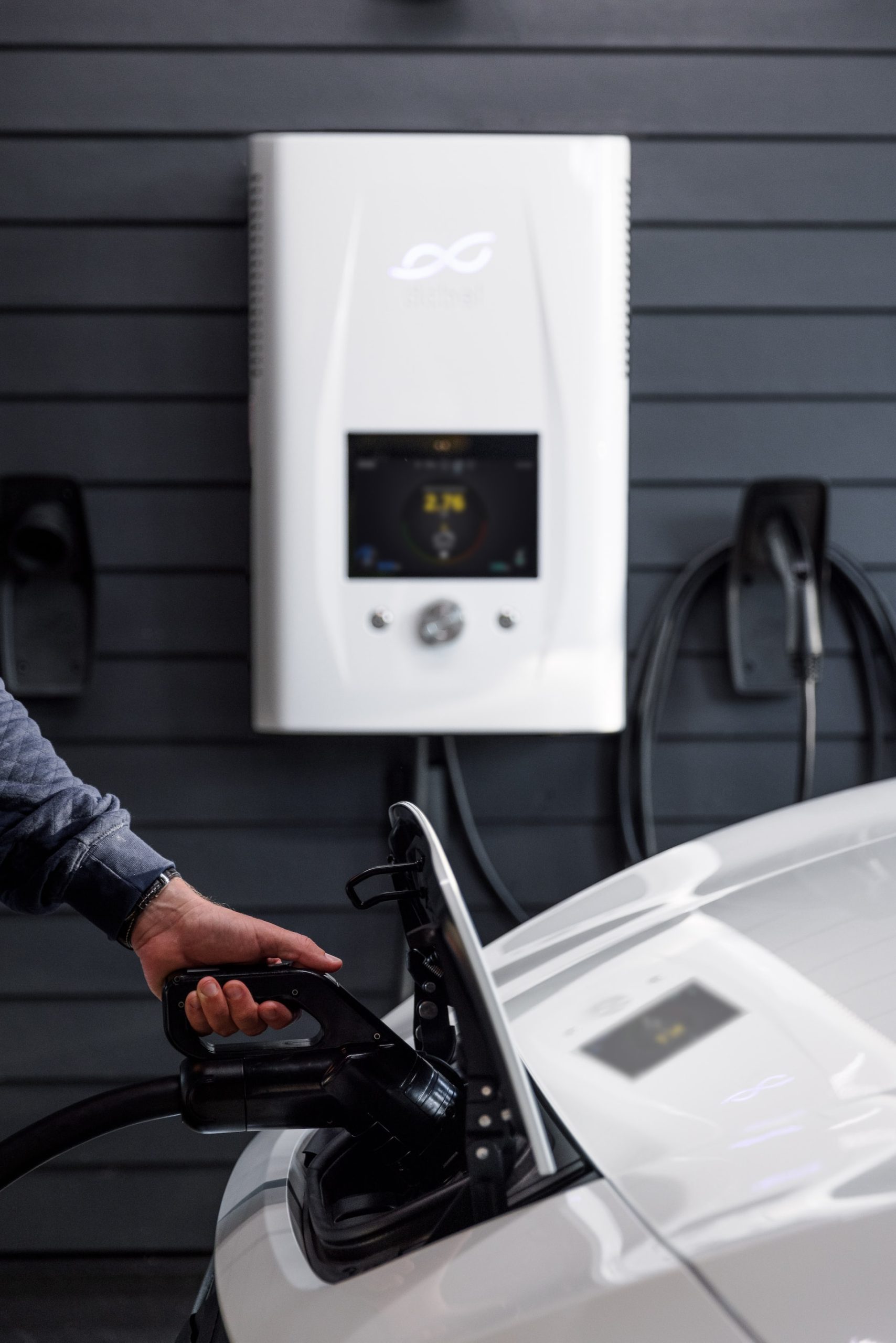South Korea has recently announced its ambitious plan to invest $15 billion in electric vehicle (EV) batteries by 2030. This move comes as part of the country’s broader efforts to become a leading player in the global EV market, which is expected to grow significantly in the coming years.
The Korean government has outlined a comprehensive roadmap for the development of EV batteries, which involves increasing the production of electric vehicles and reducing their prices to make them more affordable for consumers. The plan also includes the establishment of a domestic supply chain for the production of EV batteries, as well as the development of new battery technologies to increase their energy density and reduce their cost.
South Korea is already a major producer of EV batteries, with companies like LG Chem and Samsung SDI leading the charge in this sector. These companies have established themselves as major suppliers of batteries for EV manufacturers around the world, including Tesla, BMW, and Audi.
However, South Korea is facing increasing competition from other countries, particularly China, which has become a dominant player in the global EV market. China is investing heavily in EV batteries and has established itself as the world’s largest producer of electric vehicles.
To remain competitive, South Korea needs to continue to innovate and invest in new battery technologies. The government’s plan includes the development of solid-state batteries, which are seen as the next generation of EV batteries. Solid-state batteries have the potential to offer higher energy density and faster charging times than traditional lithium-ion batteries, which are currently used in most EVs.
The development of solid-state batteries is a significant challenge, however. The technology is still in the early stages of development, and there are many technical hurdles to overcome before it can be commercialized. South Korea’s plan to invest heavily in this area is a bold move, but one that could pay off if the country can establish itself as a leader in this field.
The government’s plan also includes support for the development of recycling technologies for EV batteries. As the number of electric vehicles on the road increases, so too will the number of batteries that need to be recycled. Developing new recycling technologies will be essential to ensure that EV batteries can be safely and efficiently disposed of at the end of their useful life.
South Korea’s investment in EV batteries is part of a broader effort to reduce the country’s dependence on fossil fuels and to meet its commitments under the Paris Climate Agreement. The government has set a target of reducing greenhouse gas emissions by 24.4% by 2030, compared to 2017 levels.
The success of South Korea’s plan will depend on a number of factors, including the continued growth of the global EV market and the ability of Korean companies to innovate and develop new technologies. However, if the country can establish itself as a leader in the production of EV batteries, it could be well positioned to benefit from the growing demand for electric vehicles around the world.
In conclusion, South Korea’s $15 billion investment in EV batteries is a significant move that underscores the country’s ambition to become a leading player in the global EV market. The development of new battery technologies, including solid-state batteries, will be crucial to the success of this plan, as will the establishment of a domestic supply chain for the production of EV batteries. If South Korea can achieve these goals, it could be well positioned to reap the benefits of the growing demand for electric vehicles in the years ahead.




